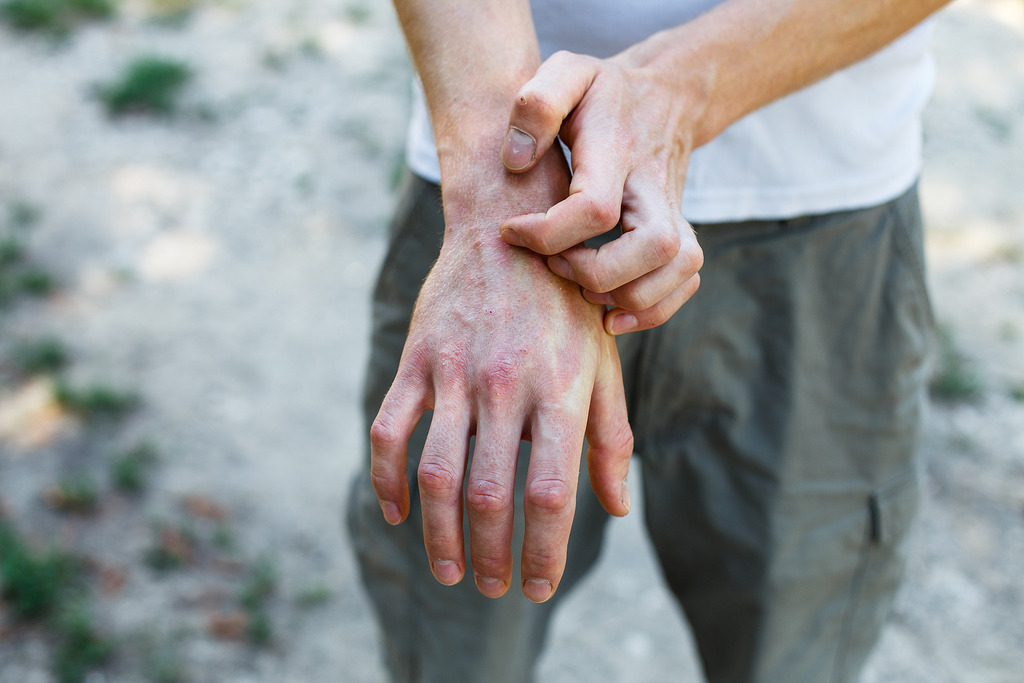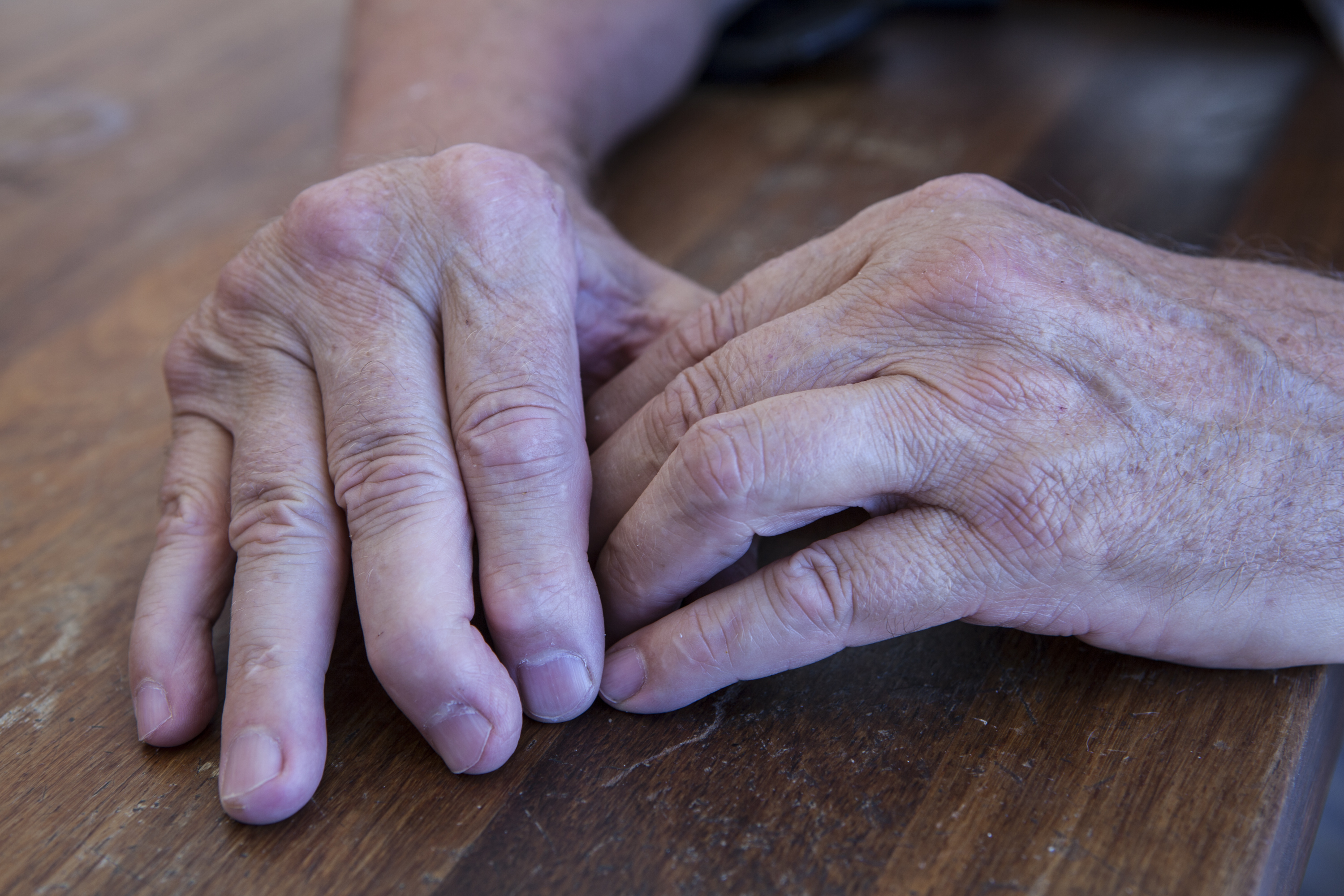If you’ve recently been diagnosed with psoriasis, you might feel overwhelmed. When you see those thick, red patches on your skin, you likely have two questions: How can I make these disappear? And how can I stop my psoriasis from spreading? The answer to both is the same: Get your condition under control.
Typically, this means seeking treatment from a doctor, ideally a dermatologist. While there are many over-the-counter psoriasis treatments available, you’ll likely need prescription medication unless your case is very mild.
How Psoriasis Spreads
Psoriasis causes red, dry, and itchy patches on the skin that may resemble a rash. However, psoriasis is not just a rash—it’s a skin condition caused by an immune system issue. Your skin cells grow too quickly, leading to the formation of raised patches.
During a psoriasis flare-up, an inflamed patch may grow larger, and new patches may appear elsewhere. This indicates that your condition is active. It’s important to know that this is normal and often short-term. Psoriasis tends to cycle through periods of activity and remission, flaring for weeks or months before subsiding.
Psoriasis Is Not Contagious
You cannot catch psoriasis from someone else, nor can you spread it to others. However, people who see your inflamed patches might mistake them for a contagious condition, such as:
- Ringworm, a fungal infection that typically appears on the torso, scalp, arms, or legs
- Impetigo, an infection that causes sores and blisters
- Scabies, an infection caused by mites that burrow under the skin
Your personal trainer, massage therapist, or hairstylist might notice your skin patches and worry about contracting your condition. It’s a good idea to inform anyone who comes into close physical contact with you that you have psoriasis and that it is not contagious.
Treatments to Stop Psoriasis from Spreading
If you want to prevent your small skin patches from growing larger or new patches from appearing, you should start a psoriasis treatment plan. This may include:
- Topical Steroids. Also known as corticosteroids, these are among the most common medications for mild to moderate psoriasis. Topical means you apply the medication directly to your skin. They come in various forms, such as ointments, creams, lotions, gels, foams, sprays, solutions, or shampoos.
- Other Topical Therapies. Steroids aren’t the only topical medications that can control psoriasis patches. Others include:
- Vitamin D analogues
- Retinoids
- Calcineurin inhibitors
- Salicylic acid
- Coal tar and anthralin (another tar-based product)
- Non-steroidal topicals like roflumilast (Zoryve) and tapinarof (Vtama)
- Phototherapy. Exposing psoriasis patches to specific types of light can help shrink, fade, or eliminate them. Phototherapy is a treatment option for moderate to severe psoriasis.
- Steroid Injections. Doctors can treat stubborn psoriasis patches by injecting steroids directly into the inflamed skin.
- Oral Medications. These can reduce the overproduction of skin cells:
- Apremilast (Otezla), a phosphodiesterase inhibitor that blocks inflammation-causing cells
- Acitretin (Soriatane), a retinoid that may slow down cell growth
- Cyclosporine, which suppresses the immune system
- Deucravacitinib (Sotyktu), a tyrosine kinase inhibitor
- Methotrexate (Rheumatrex, Trexall), which stops cell growth
Before starting these medications, inform your doctor if you plan to become pregnant or are breastfeeding.
- Biologics. These powerful drugs, usually administered via injection, control the immune system to slow or stop psoriasis flare-ups. Biologics for psoriasis include:
- Adalimumab (Humira)
- Brodalumab (Siliq)
- Etanercept (Enbrel)
- Guselkumab (Tremfya)
- Infliximab (Remicade)
- Ixekizumab (Taltz)
- Risankizumab-rzaa (Skyrizi)
- Secukinumab (Cosentyx)
- Tildrakizumab (Ilumya)
- Ustekinumab (Stelara)
Other Ways to Stop the Spread
Remember, what you perceive as psoriasis spreading is actually your immune system causing a flare-up. While the exact reasons are unclear, certain triggers can provoke psoriasis flare-ups. Avoiding these common triggers may help prevent new patches or worsening symptoms:
- Cold, dry weather
- Skin Injuries: Cuts, bug bites, sunburns
- Stress
- Smoking
- Heavy Drinking
- Certain Medications (including high blood pressure drugs)
- Abruptly stopping oral corticosteroids
By following these methods, you can effectively control the spread of psoriasis and reduce its impact on your quality of life. Here are some additional tips to help you manage the condition better:
1. Keep Your Skin Moisturized
Dry skin can worsen psoriasis symptoms. Using moisturizers or lotions can help alleviate dryness and itching. Choose fragrance-free, hypoallergenic products to avoid skin irritation.
2. Avoid Skin Injuries
Injuries like cuts, scrapes, or sunburns can trigger new psoriasis patches. Protect your skin by avoiding injuries and using sunscreen when outdoors.
3. Manage Stress
Stress is a common trigger for psoriasis flare-ups. Try stress-reduction techniques such as meditation, yoga, or deep breathing exercises. Maintaining a positive mindset and a healthy lifestyle can also help reduce flare-ups.
4. Follow a Healthy Diet
While no specific diet can cure psoriasis, a healthy diet can boost your immune system and reduce inflammation. Focus on antioxidant-rich foods like fruits, vegetables, and whole grains, while minimizing sugar, fat, and processed foods.
5. Quit Smoking and Limit Alcohol
Smoking and heavy drinking can worsen psoriasis symptoms. Quitting smoking and reducing alcohol intake not only helps control psoriasis but also improves overall health.
6. Regular Follow-ups with Your Doctor
Psoriasis is a chronic condition that requires long-term management. Regularly consult your dermatologist to adjust your treatment plan and monitor your condition. Provide feedback on treatment effectiveness and side effects to ensure the best care.
7. Join Support Groups
Connecting with other psoriasis patients can help you cope with the emotional and psychological challenges of the condition. Many online and offline support groups offer a platform for sharing experiences and learning from others.
Conclusion
While psoriasis cannot be completely cured, it can be effectively managed through proper treatment and lifestyle adjustments. Early intervention, consistent treatment, and avoiding common triggers are key to controlling the condition. If you have any concerns or questions about your psoriasis, consult a dermatologist for personalized advice and treatment options.
By combining medical treatment with a healthy lifestyle, you can better manage psoriasis, improve your quality of life, and reduce its impact on your daily activities.










